Digitally native and direct-to-consumer retail startups are a good source of tenants for shopping centers.
As these brands score venture-capital funding, they increasingly look offline to kickstart growth. With that in mind, a list of the top DTC, digitally native and vertical brands makes for a likely place to look for tenants, and The Lead, a startup that tracks other startups, has released its second annual such list.
The Lead studied hundreds of companies’ product-innovation processes, commercialization, market opportunities, competition and investor value creation. Some of the brands — including Allbirds, Untuckit and Warby Parker — already operate physical stores. Others have yet to go multichannel or even to test a pop-up store. The following brands are new to the list in 2020.
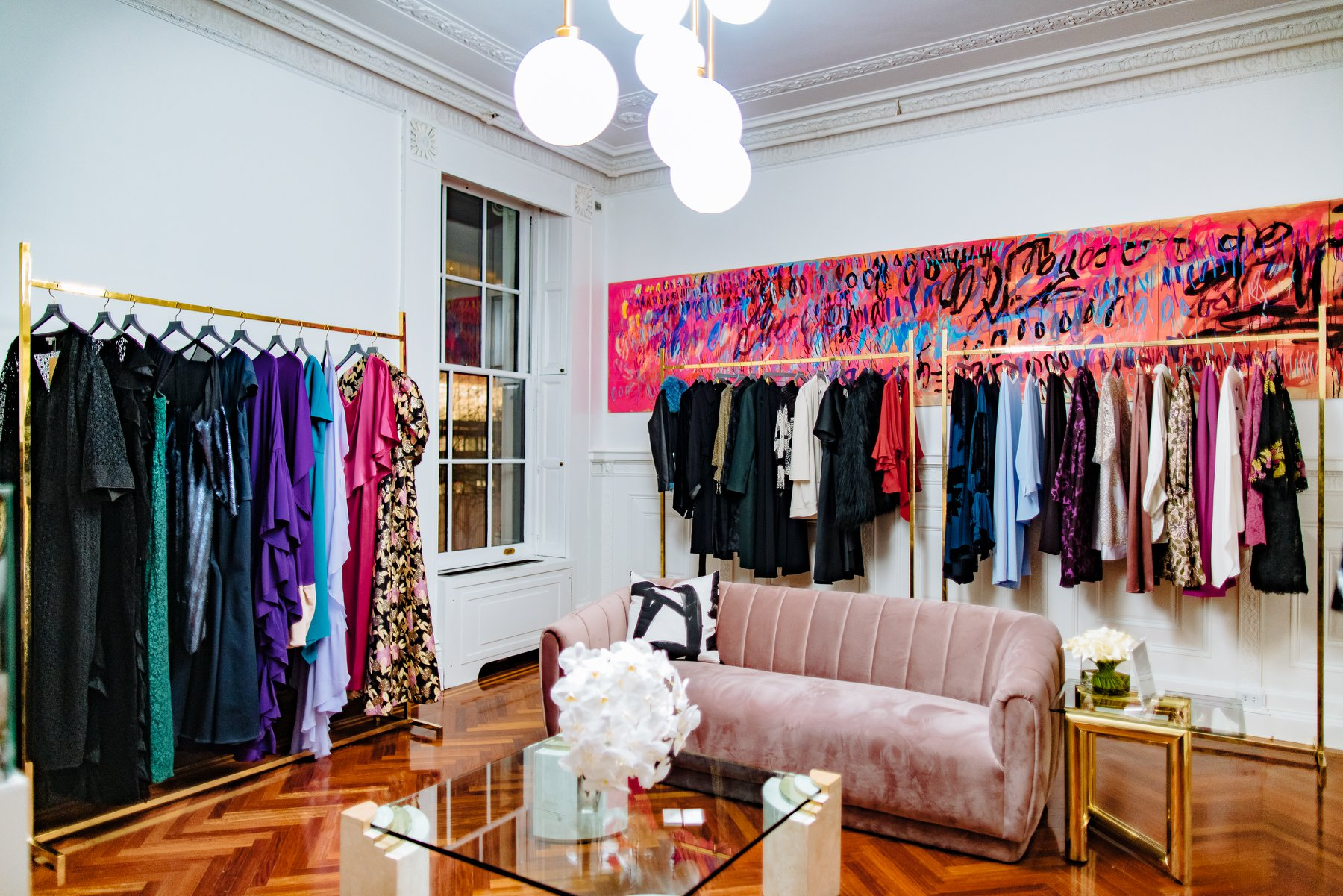
11 Honoré is an online, multibrand boutique that sells women’s luxury apparel in sizes 10 to 24. The company works with designers to create plus-size versions of their popular items. The site was launched in August 2017, and the company operates showrooms in Atlanta, Chicago, Los Angeles and New York City.
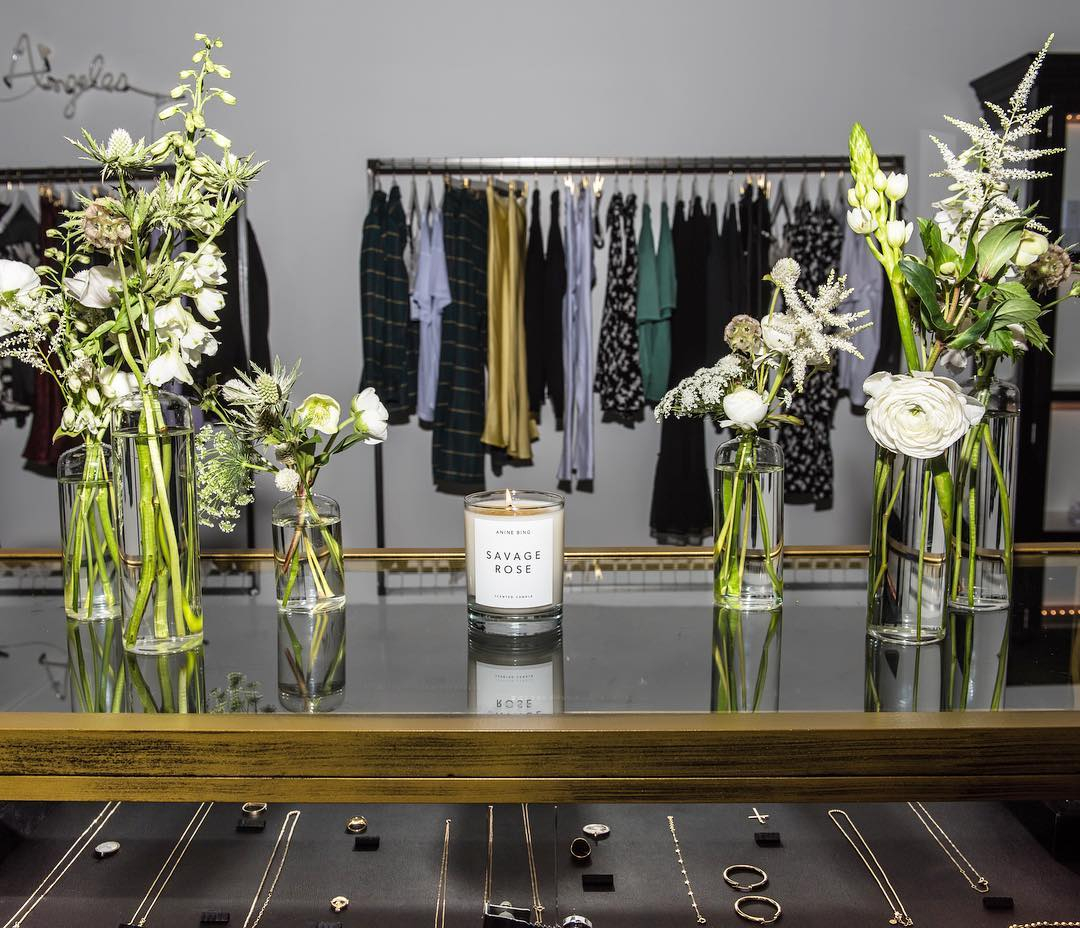
Los Angeles–based designer Anine Bing has created a lifestyle brand based on Scandinavian design principles. The company stocks its 15 global stores and its website with a new collection each month.
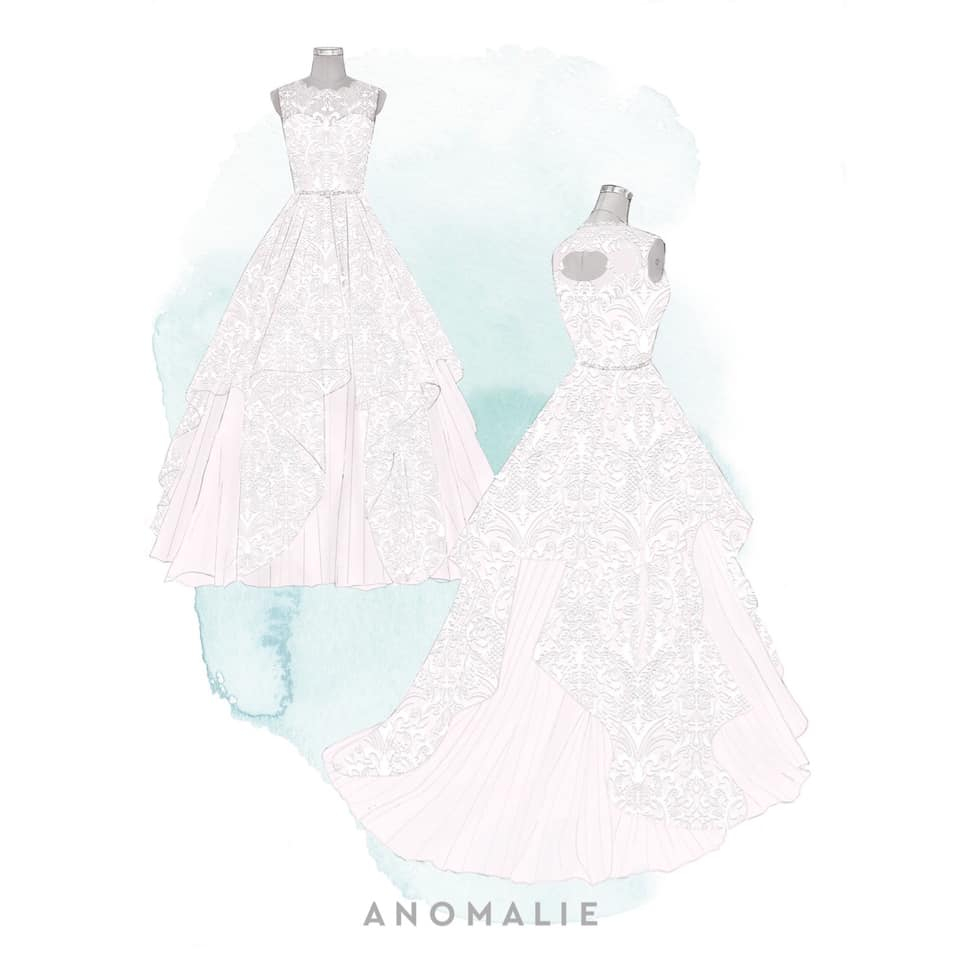
This bridal brand allows customers to design their own wedding dresses online. The brand’s offices are in San Francisco and Arizona, but Anomalie serves customers by phone or email, as well as on the company’s website through each bride’s personal dashboard.
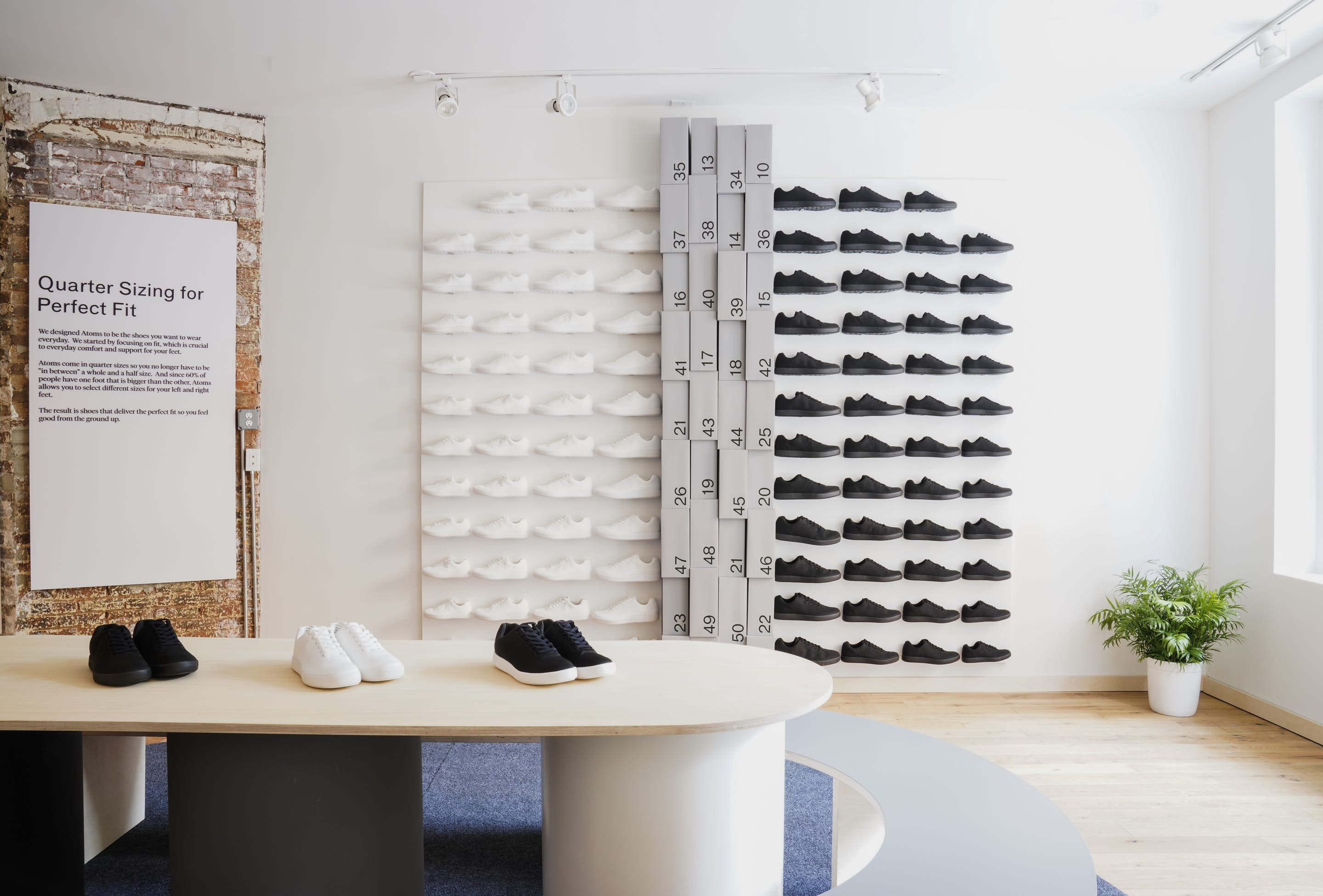
Shoe brand Atoms says most humans have one foot that is bigger than the other, so the concept aims to deliver a perfect fit by sending customers three pairs of shoes and then allowing them to keep the left shoe that fits best, and the same for the right shoe. The company recently opened its first pop-up shop in New York City.
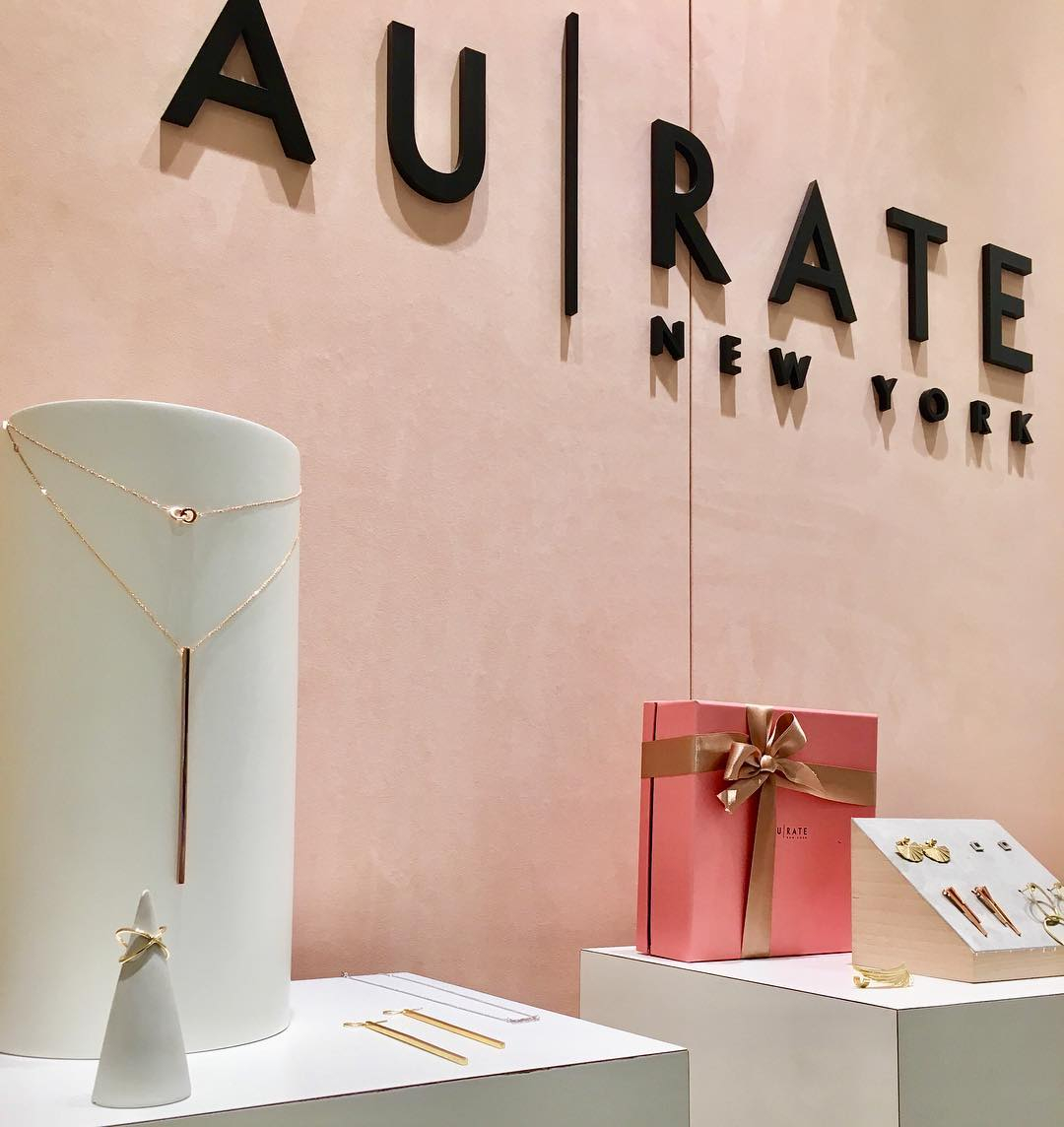
This New York City–based fine jewelry brand specializes in ethically and sustainably sourced pieces. The company operates four stores.
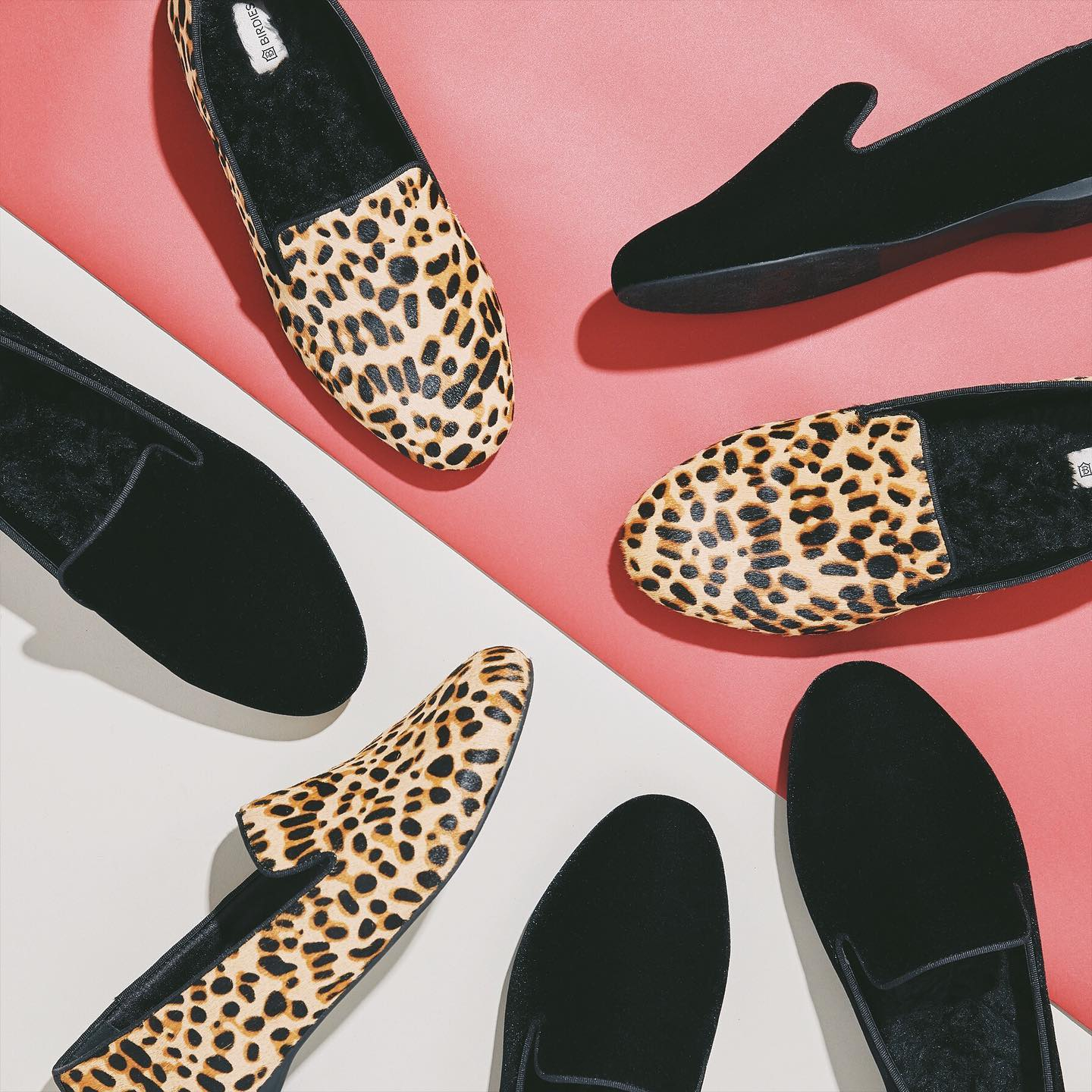
Footwear brand Birdies says its slippers and flats merge style and comfort using a seven-layer cushion.
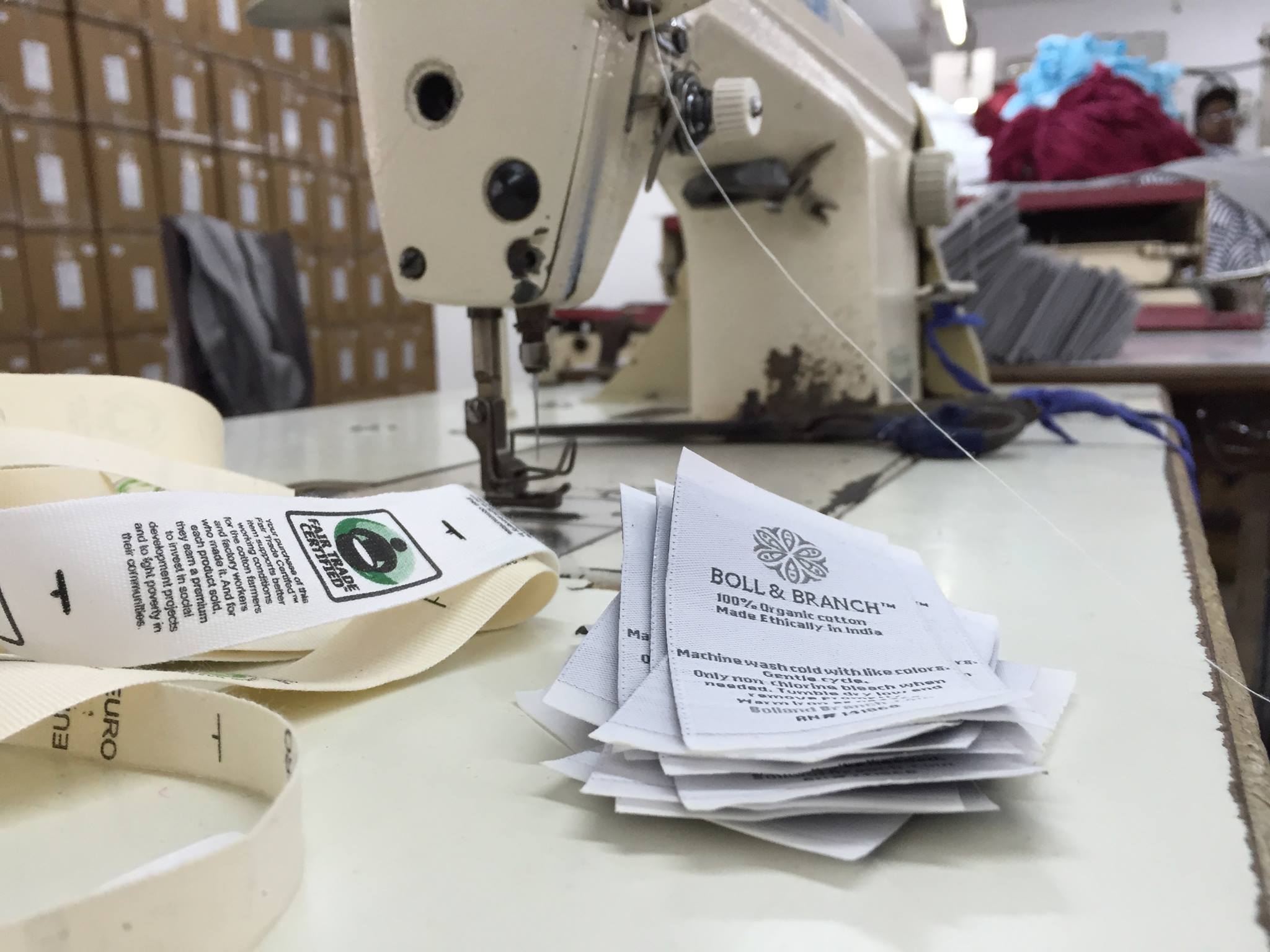
This lifestyle brand that started out with all-natural, ethically sourced linens has grown to include mattresses and even apparel. The company opened its first physical store in 2017. Private equity firm L Catterton recently invested $100 million to help the brand grow.
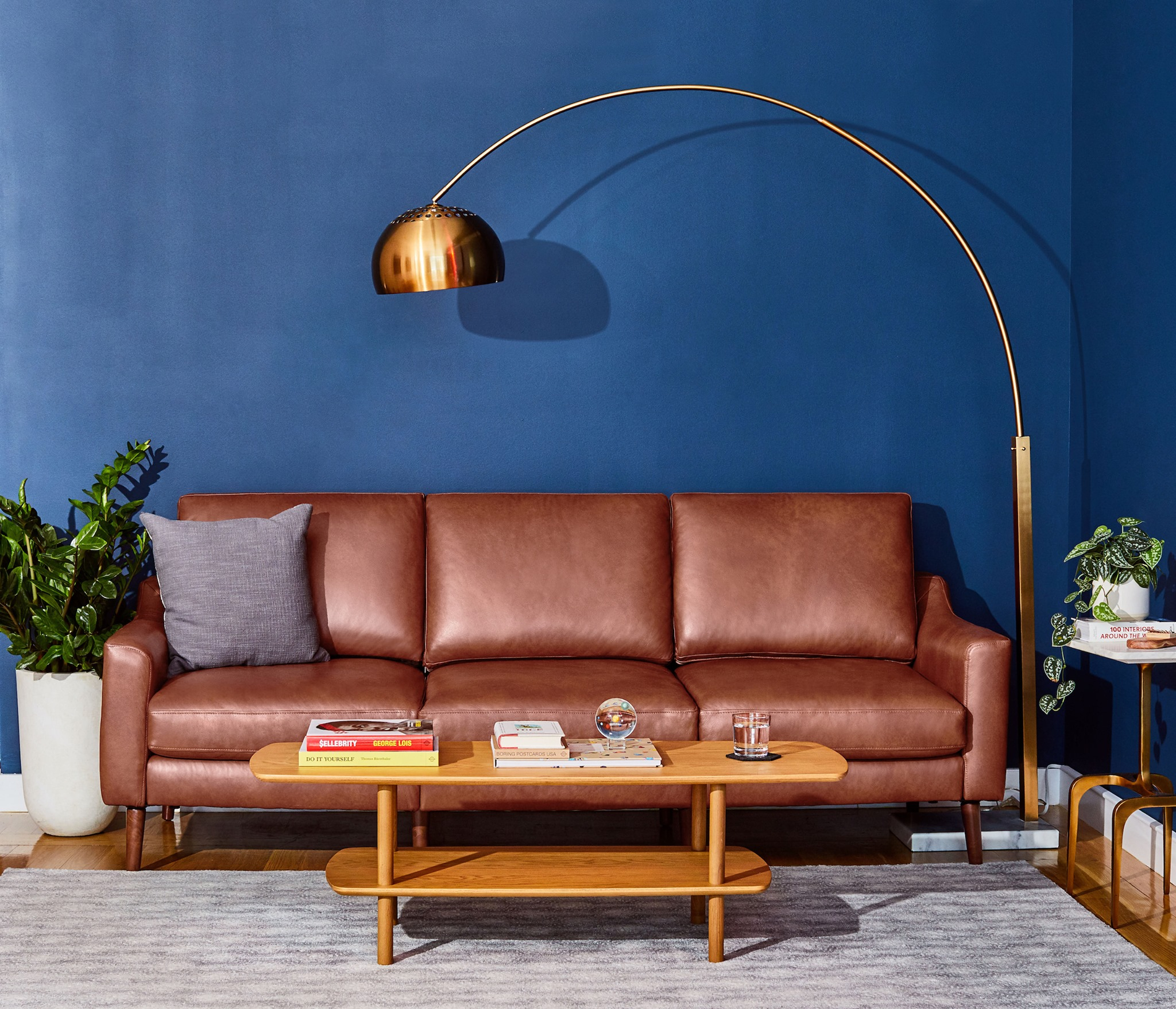
A furniture retailer, Burrow claims to have created the perfect couch for multi-hour Netflix binges. Its niche is clever, comfortable furniture that fits into urban spaces. The company has two showrooms in New York City.
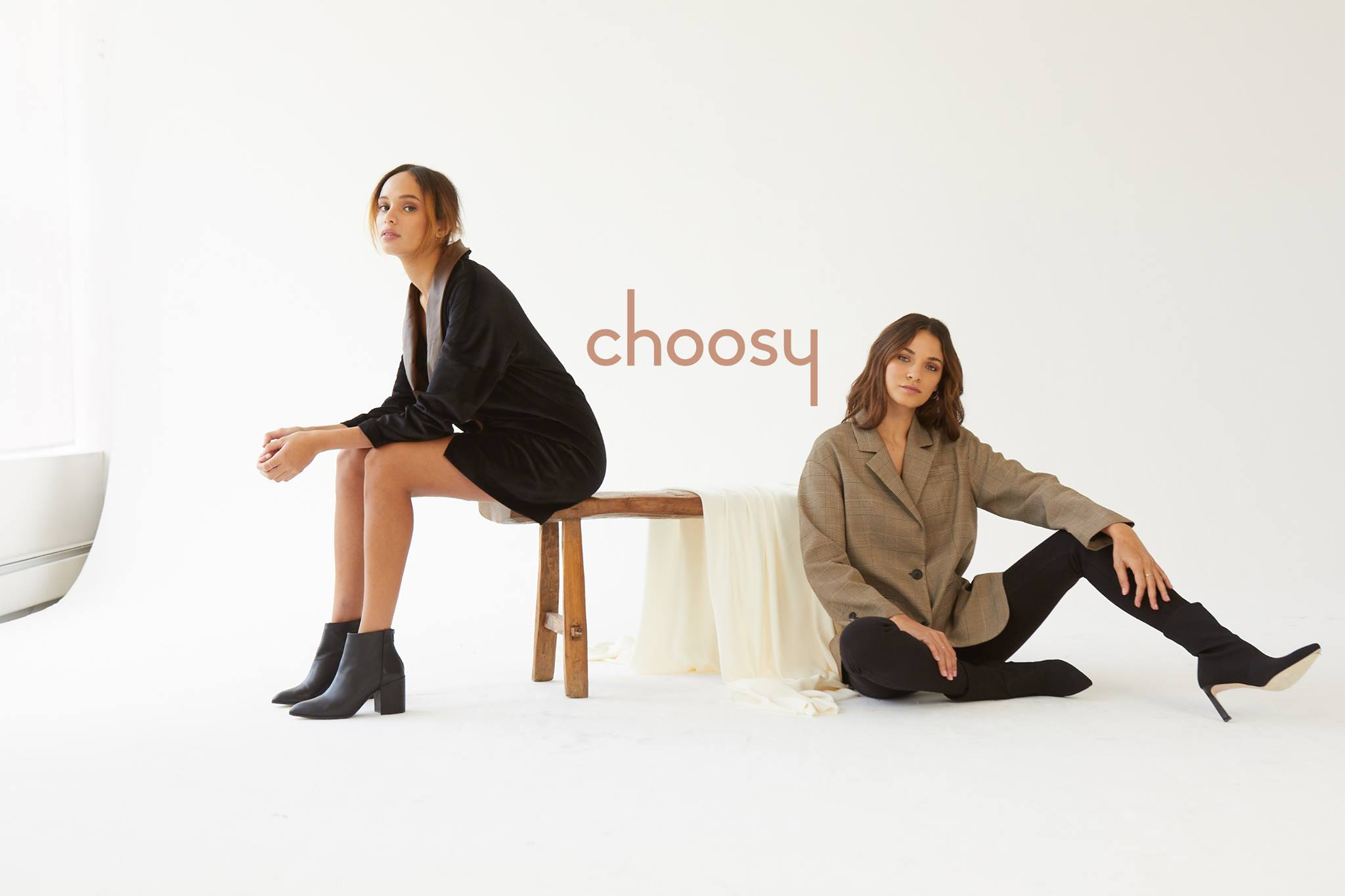
This apparel brand calls itself fashion’s first democracy. The company’s proprietary algorithm analyzes the looks that are trending across multiple social-media platforms, factors in user preferences and then pulls items tailored accordingly for the user.
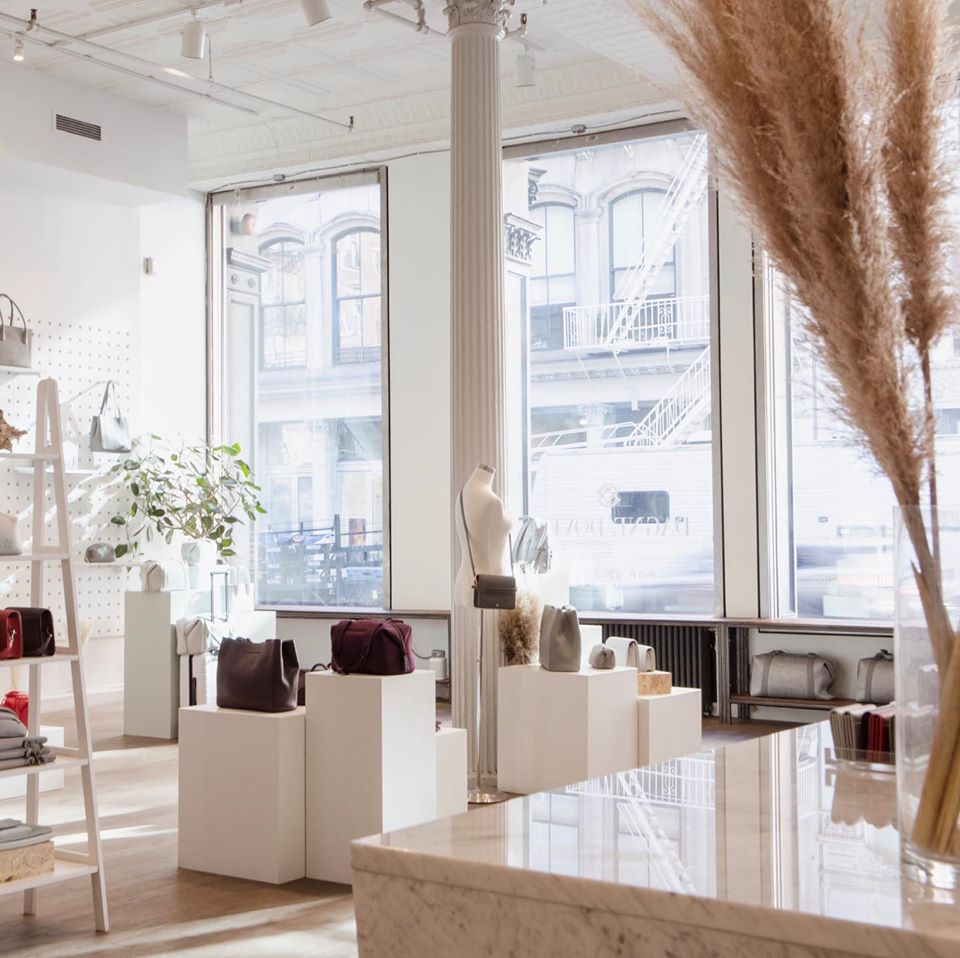
Upscale accessories label Dagne Dover has plans to expand from a pop-up shop in New York City’s SoHo neighborhood. Co-founder and CEO Melissa Mash wants to roll out her “performance bags with souped-up interiors” concept to all major U.S. cities.
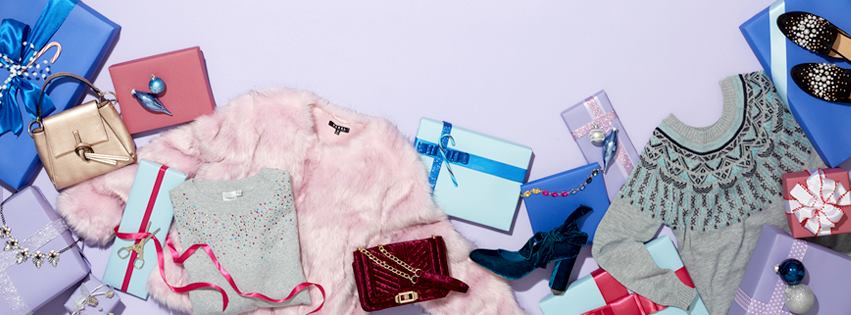
This online personal-styling service for plus-size women selects apparel based on a completed quiz and then sends the items straight to shoppers’ homes. Dia & Co. has gathered approximately $90 million for its expansion.
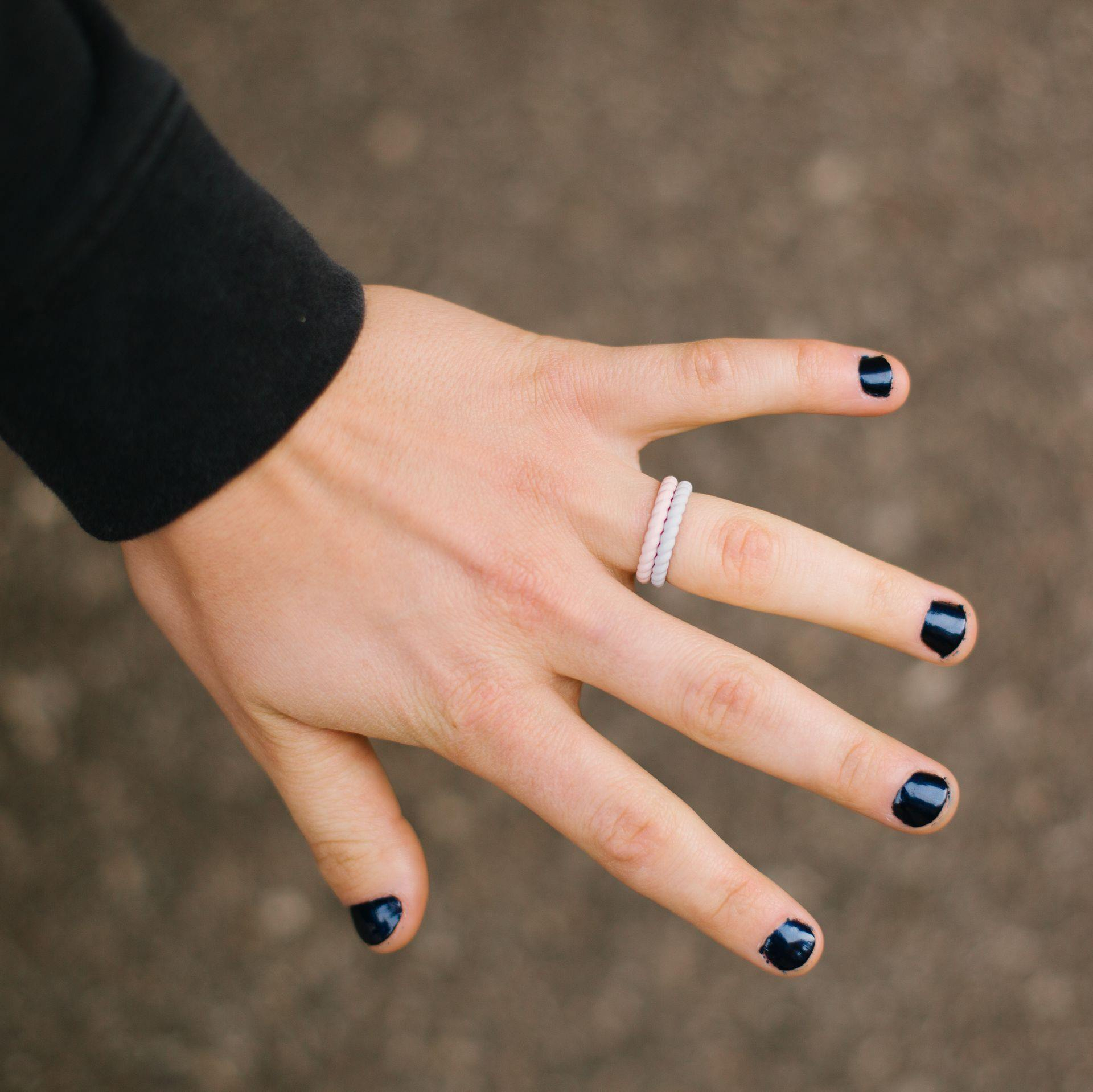
Enso Rings offers a stylish, safe alternative to metal rings and wedding bands. The company’s website displays a host of silicone ring designs and colors for any outfit and any occasion.
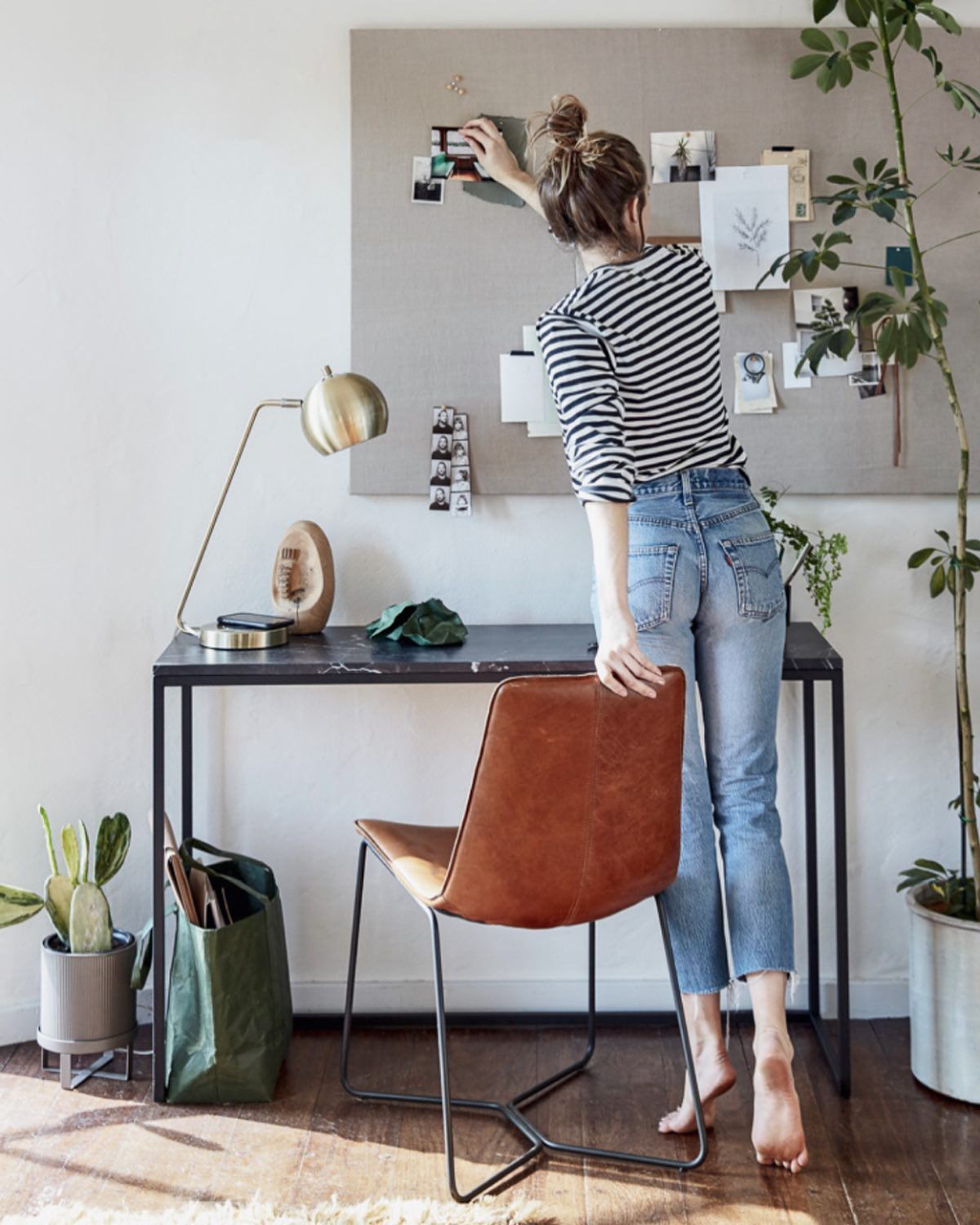
This subscription furniture service caters to consumers’ need for convenience by delivering and assembling stylish, sustainable, high-quality furniture within a week. Members can change their furnishings and decor as frequently as they wish or need to. The company has about $16 million in hand for expansion efforts.
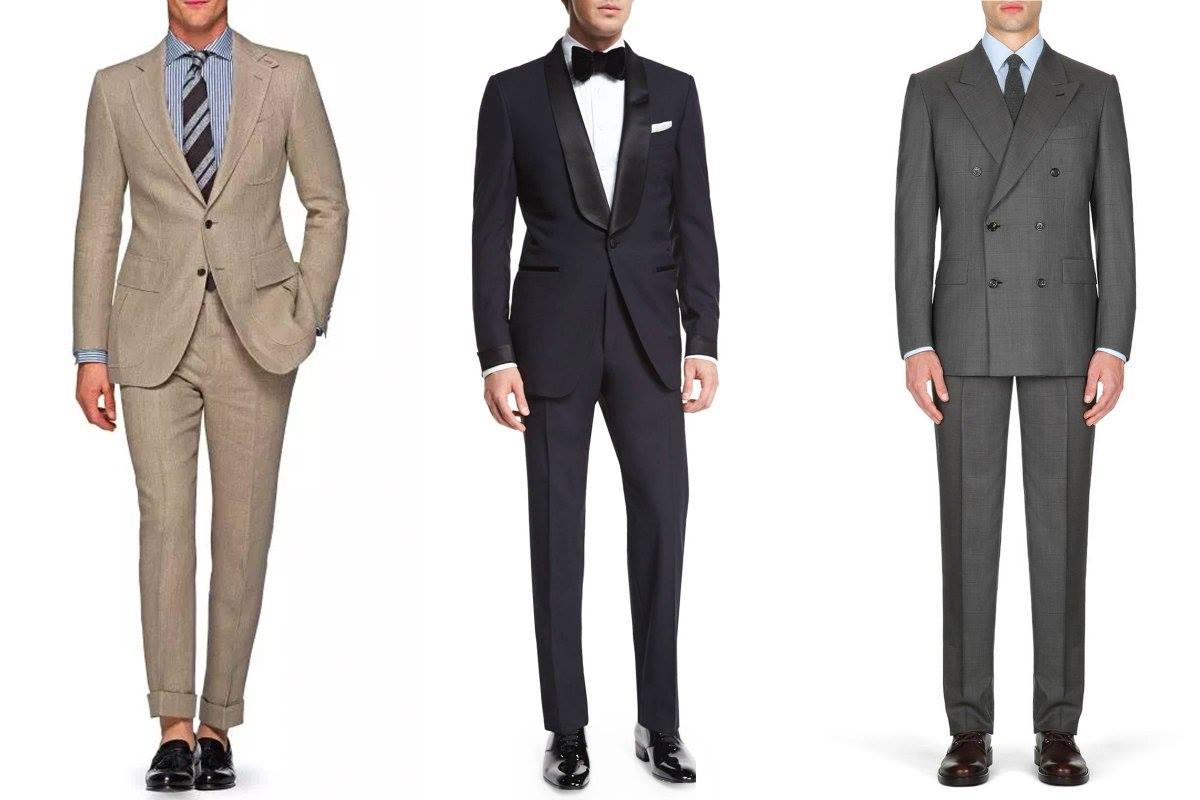
Grailed provides secondhand, high-fashion apparel and accessories for men, curated by a team of stylists and social-media influencers. The company has drummed up roughly $16.5 million to help with expansion.
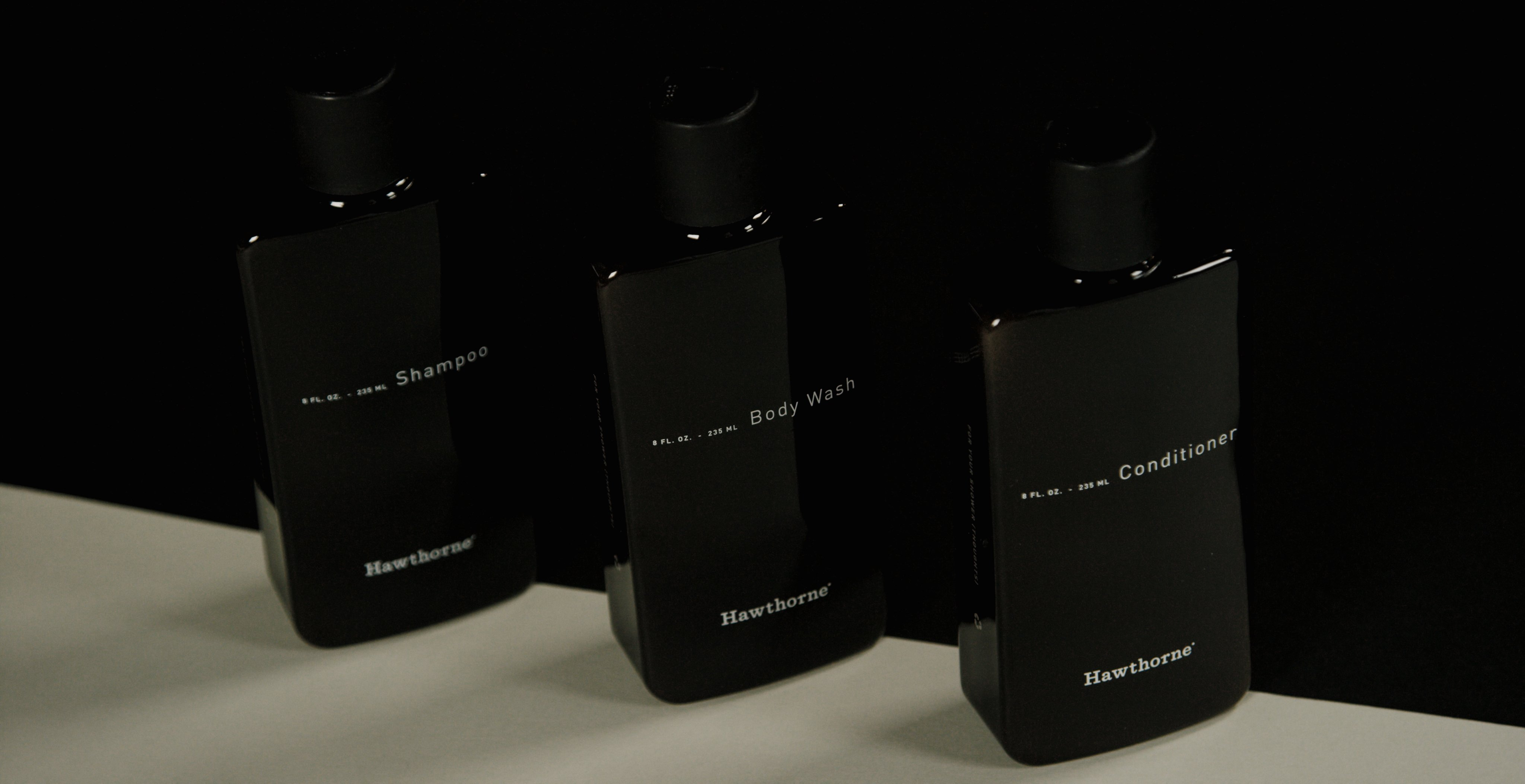
Hawthorne customizes fragrances according to the user’s body chemistry and personal lifestyle data. The concept backs up those decisions based on studies. The company has raised about $10.2 million for expansion.
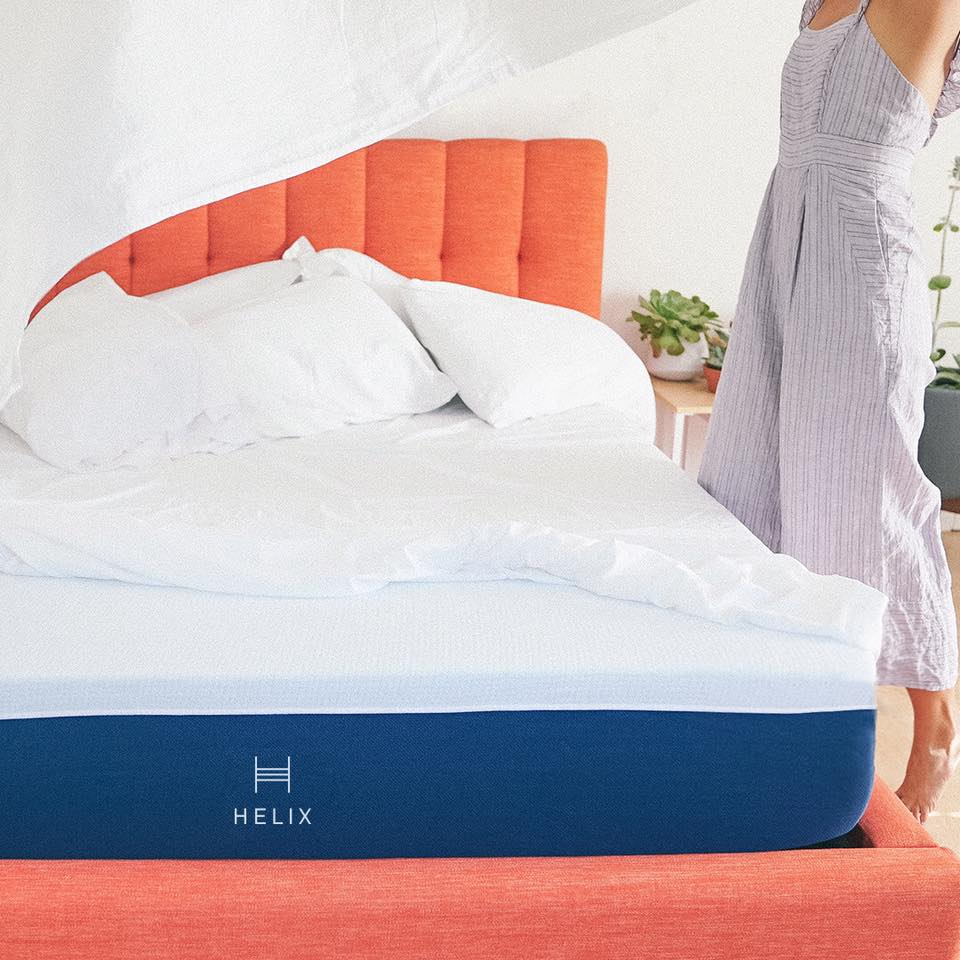
Helix’s algorithm matches each customer’s body type, sleeping position and personal preferences to a customized luxury mattress.
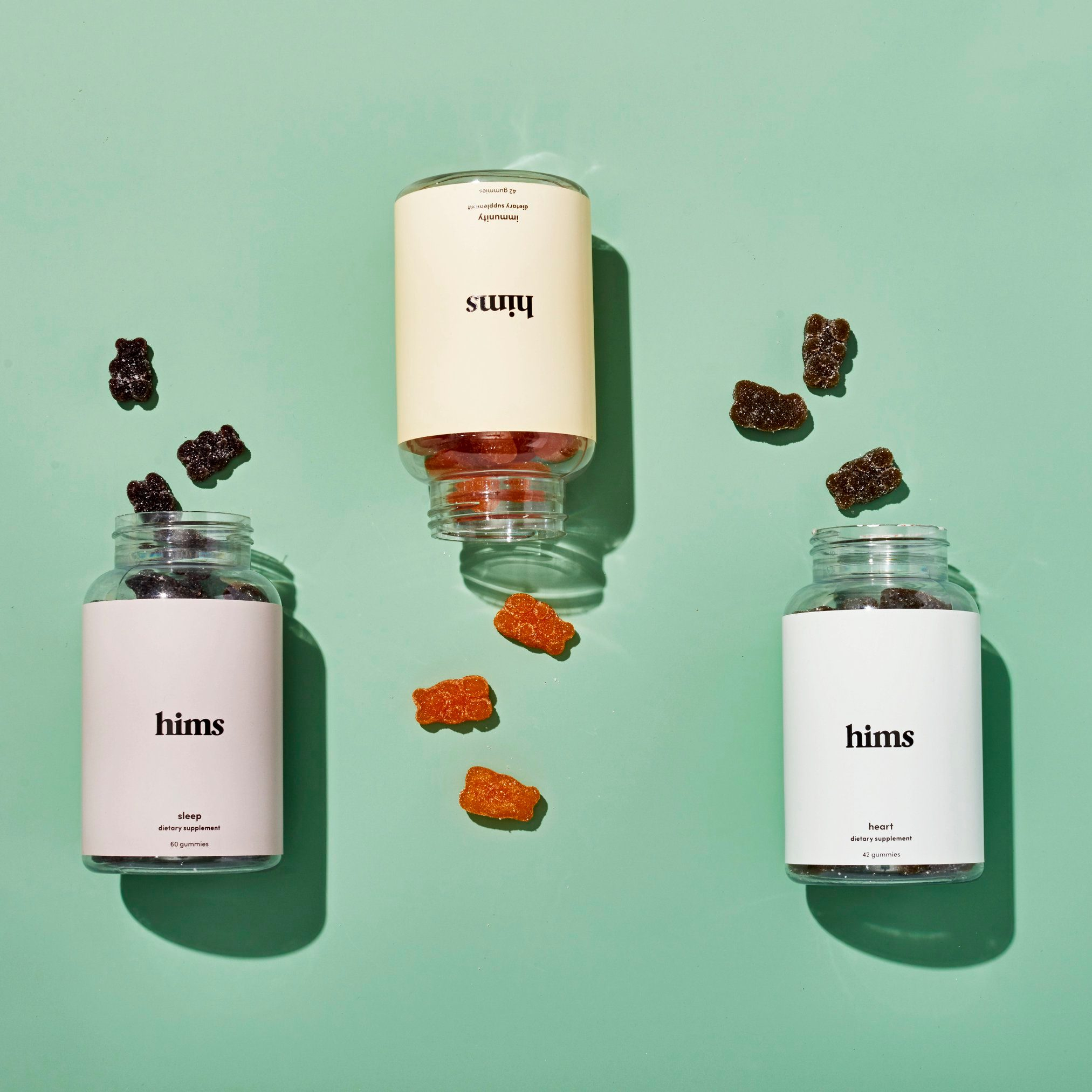
Hims is a wellness and lifestyle brand that helps men with health issues they feel are taboo or embarrassing, such as erectile dysfunction or hair loss. After an online consultation, a doctor prescribes medicine that can be shipped overnight. The company has raised roughly $197 million in startup capital.
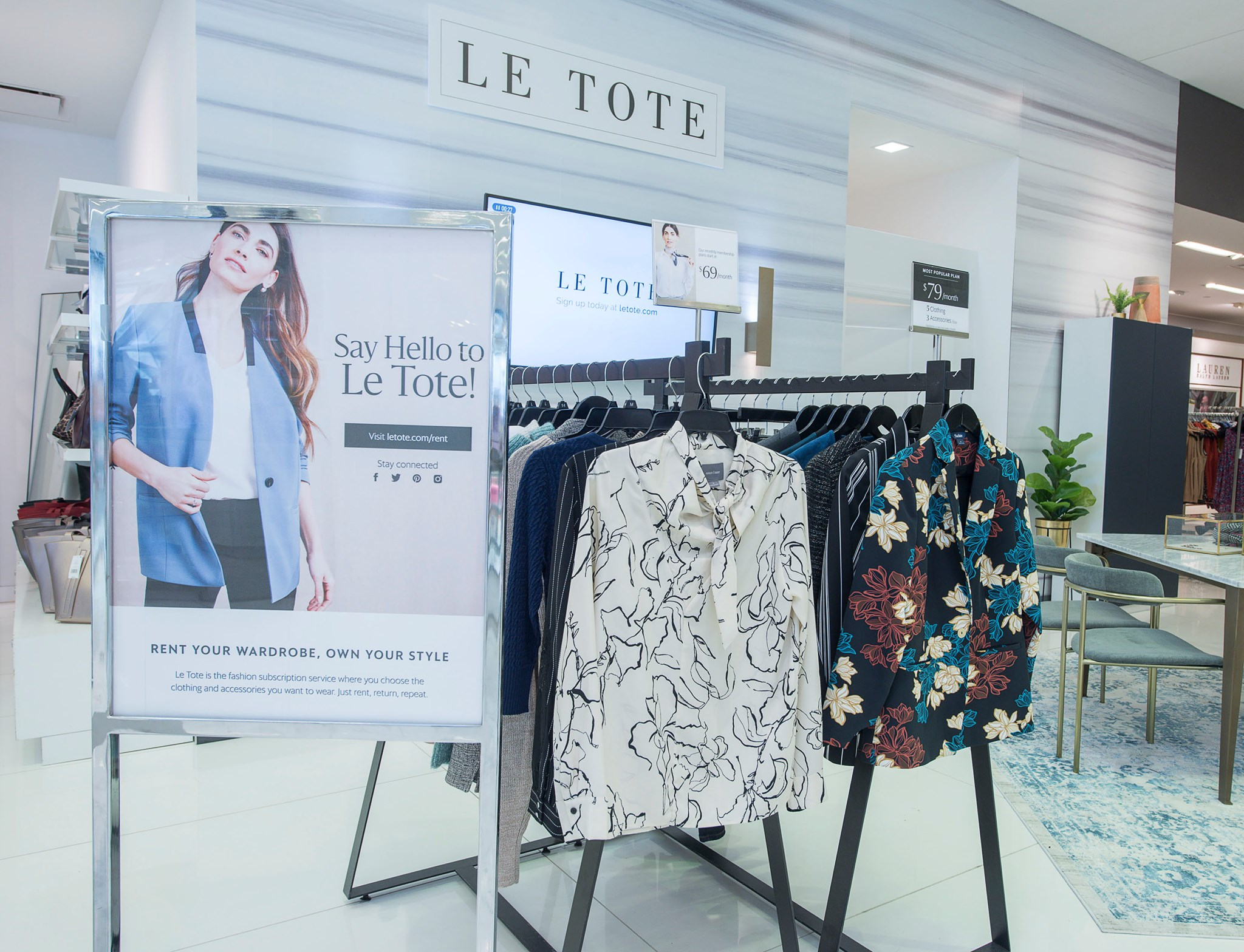
Upscale apparel-and-accessories rental service Le Tote has tested the physical retail channel by means of space inside Nordstrom stores and has about $75 million in venture-capital backing for expansion.
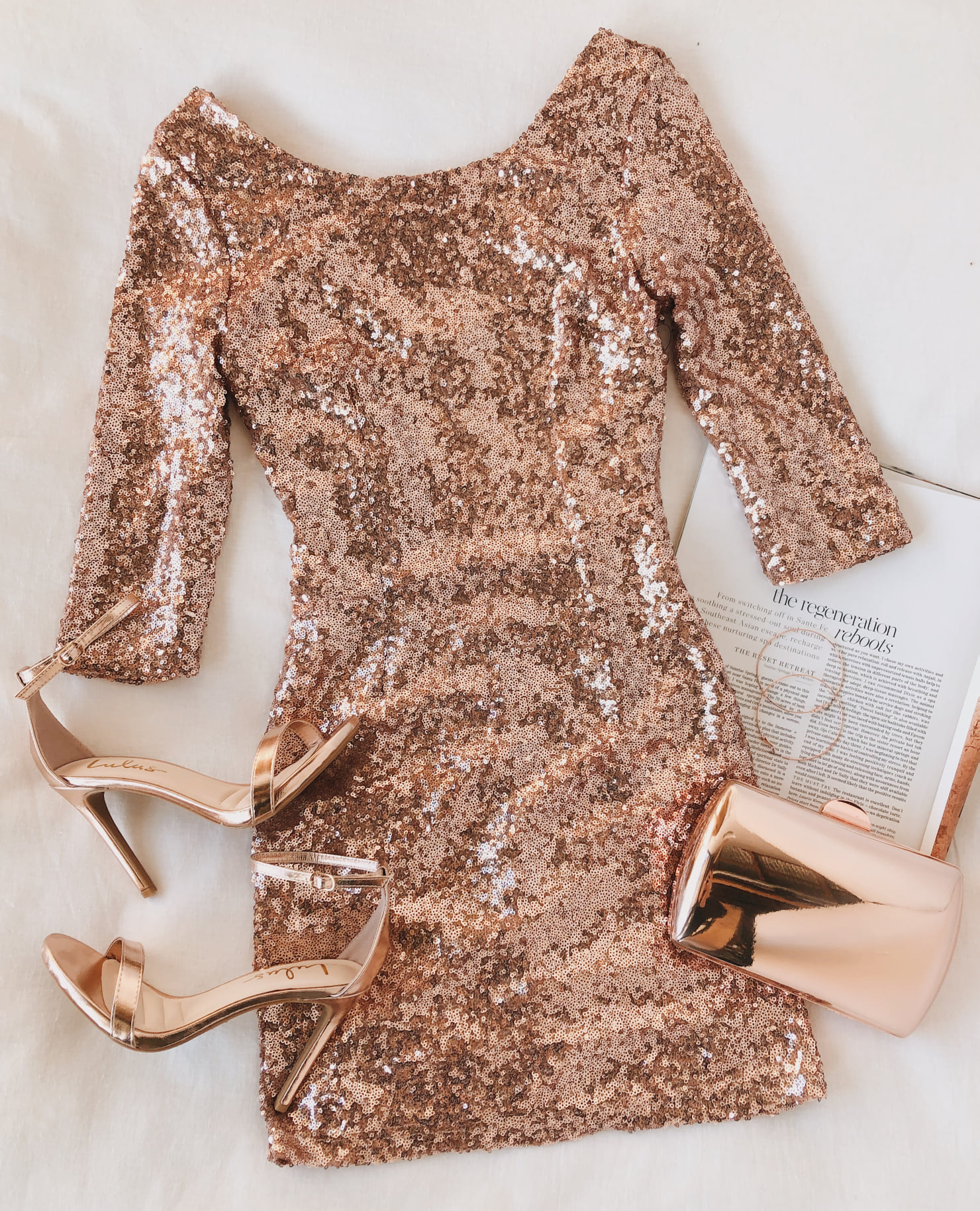
In 2008 Lulus sold all its brick-and-mortar stores and transitioned into an online-only brand. Now this trendy women’s apparel retailer wants back in. The company is using pop-up shops around the U.S. to test markets. Venture capitalists have provided the startup, with some $120 million in funding so far.
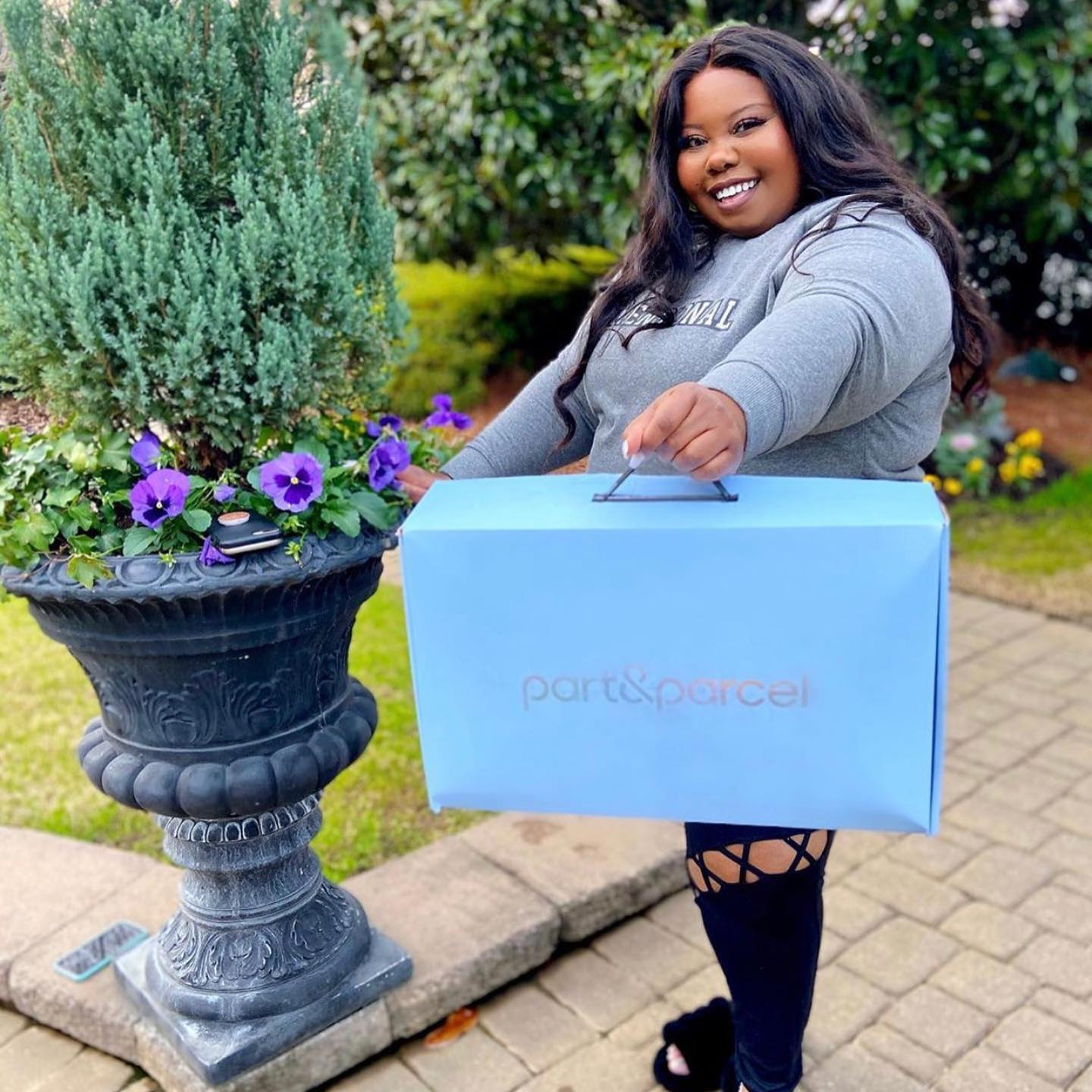
Part & Parcel is a community commerce platform that allows plus-size women to buy Part & Parcel–branded apparel from other plus-size women who act as stylists and personal brand reps.
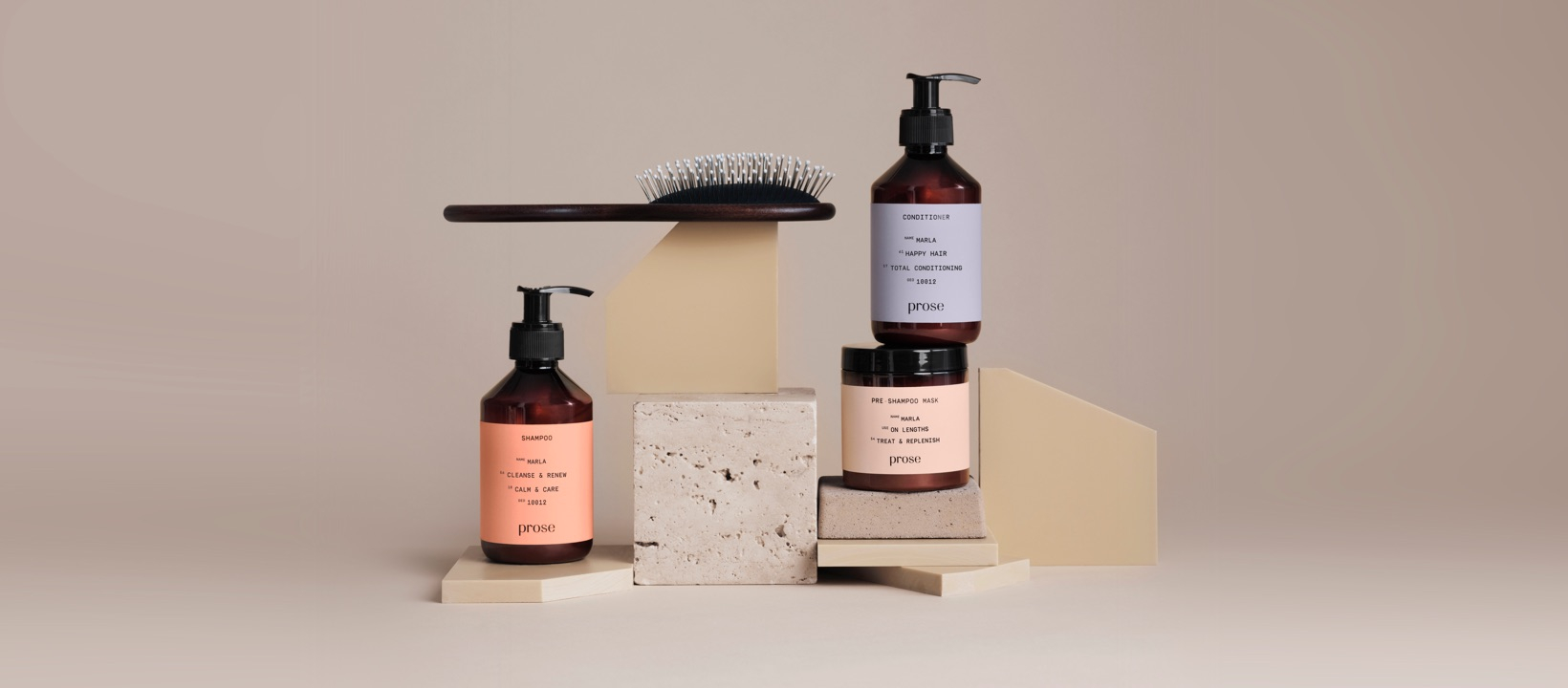
Prose, which has raised about $25 million in startup capital, creates made-to-order, cruelty-free hair-care products, including bespoke shampoos, conditioners and hair oils that complement customers’ specific needs.
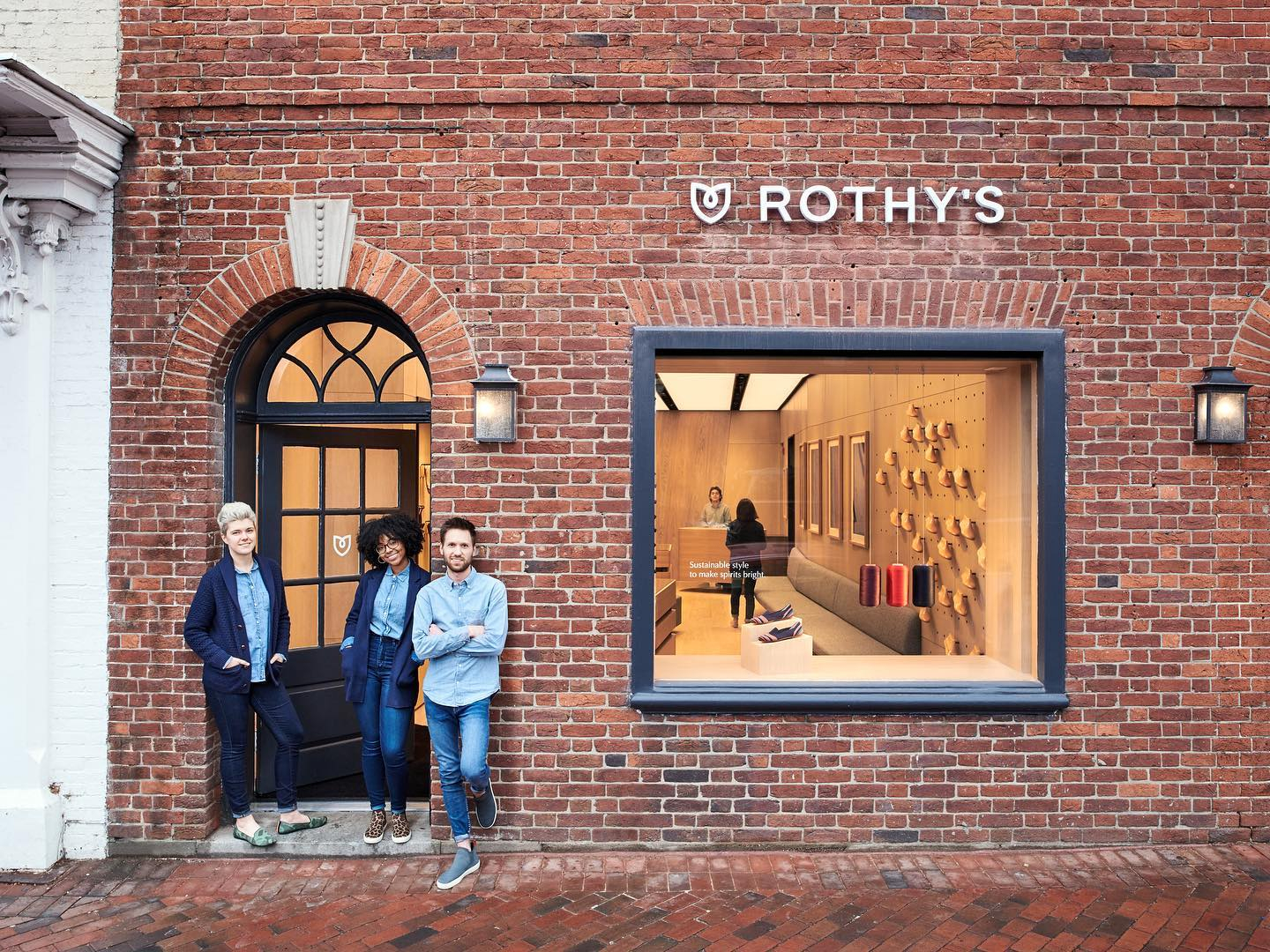
Sustainable, direct-to-consumer footwear brand Rothy’s used its $42 million in startup capital in part to open a 300-square-foot unit in Washington, D.C.’s Georgetown district. The company operates one other store, in San Francisco.
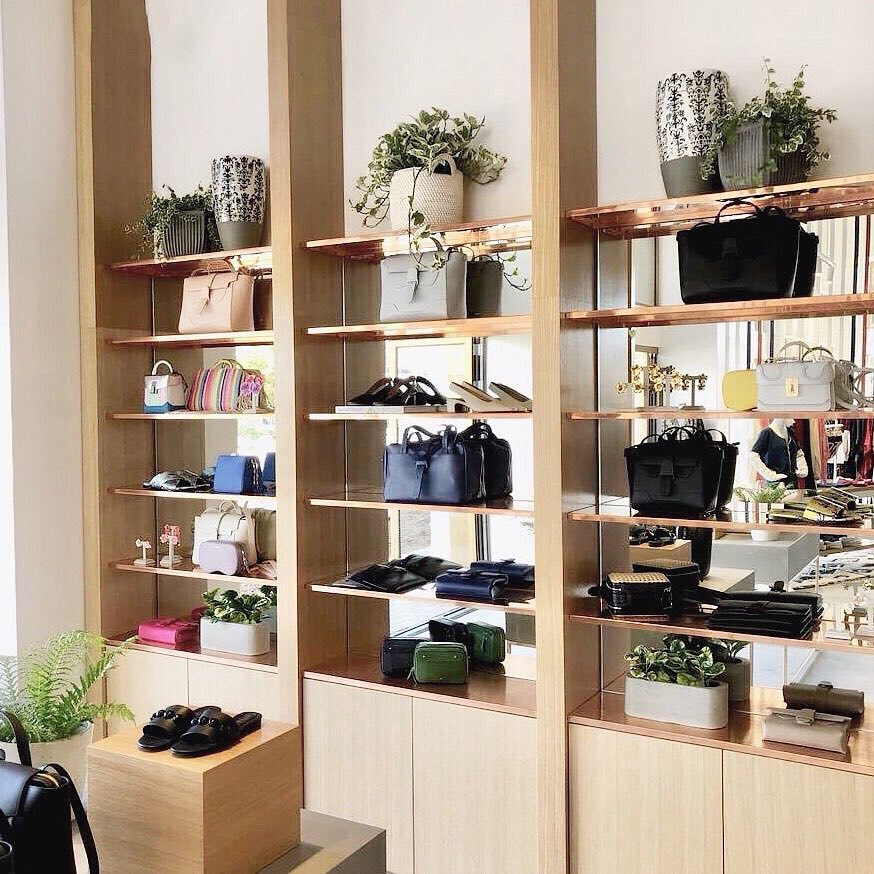
Italian leather-handbag maker Senreve sells bags that are luxurious yet versatile and travel-friendly. The company, which raised some $16.8 million in startup capital, opened its first physical store last year, in San Francisco.
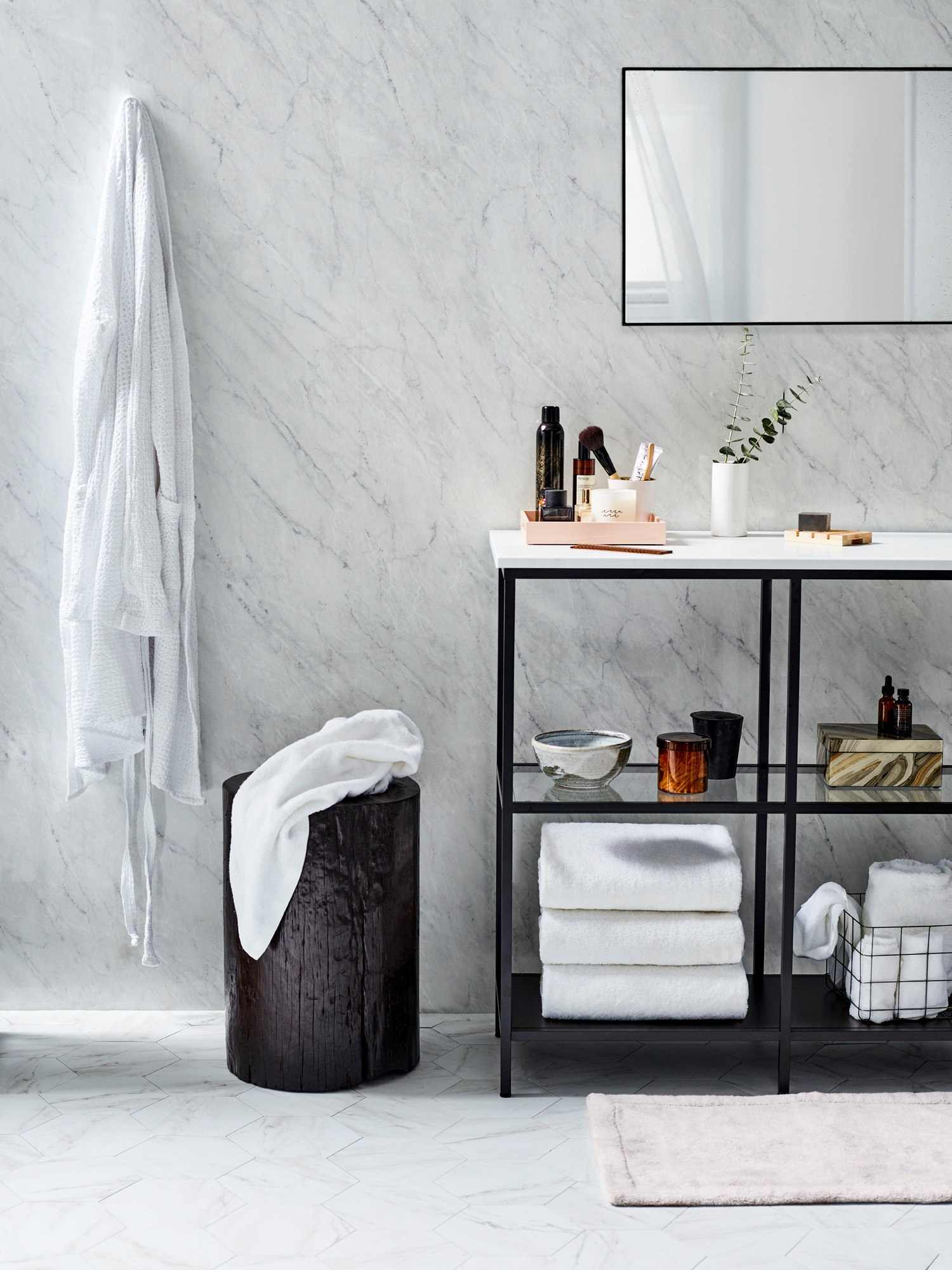
Minimalist home-decor brand Snowe recently opened its first physical store, in New York City’s Flatiron District.
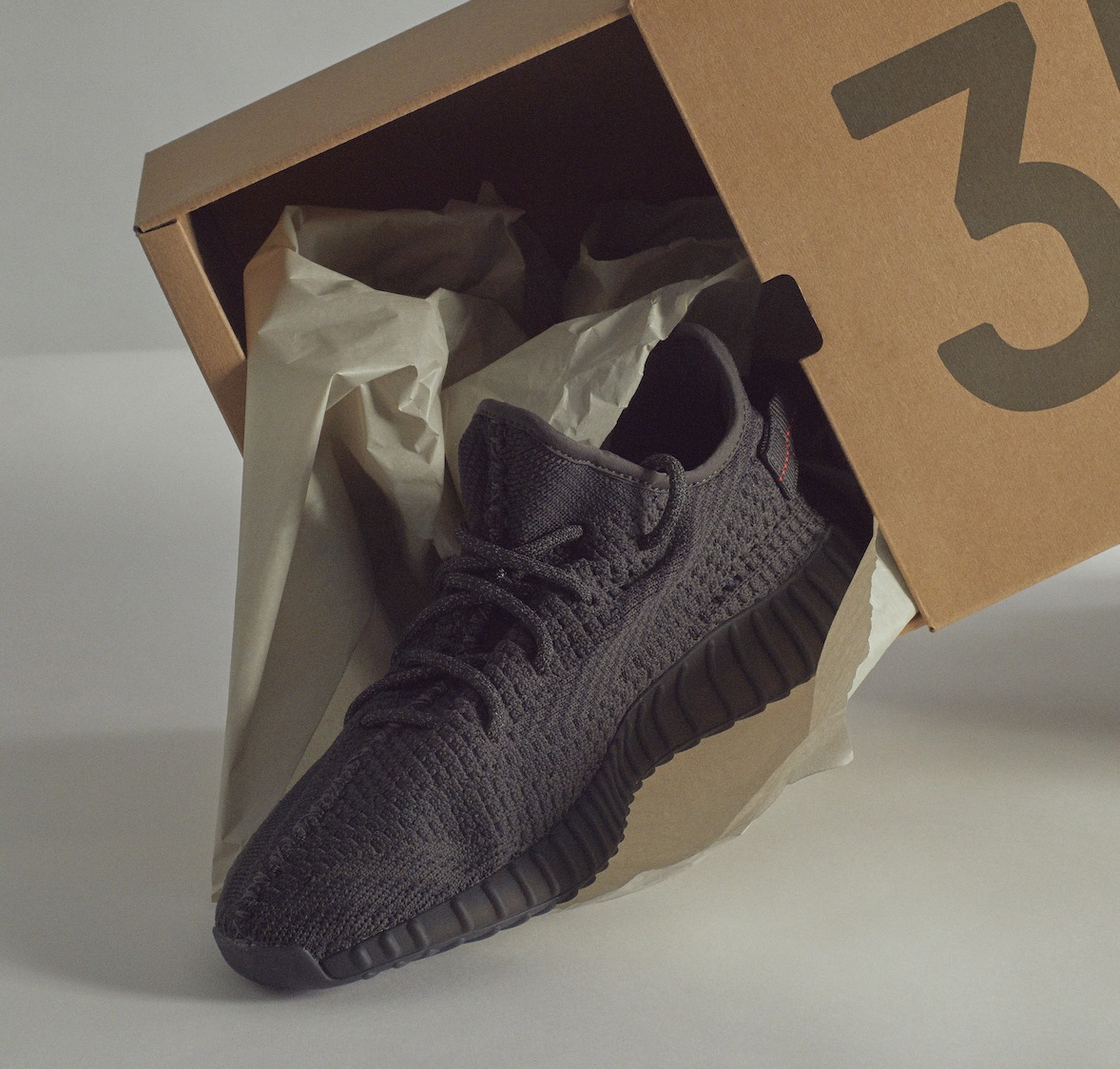
StockX, an online marketplace and apparel reseller, mainly of sneakers, operates similarly to a stock market. Buyers tell the market what they are willing to pay for sneakers, say, and sellers tell the market what they are willing to sell their sneakers for. The company has secured $160 million in venture-capital funding. The live “bid/ask marketplace” completes transactions automatically when a bid and an ask meet.
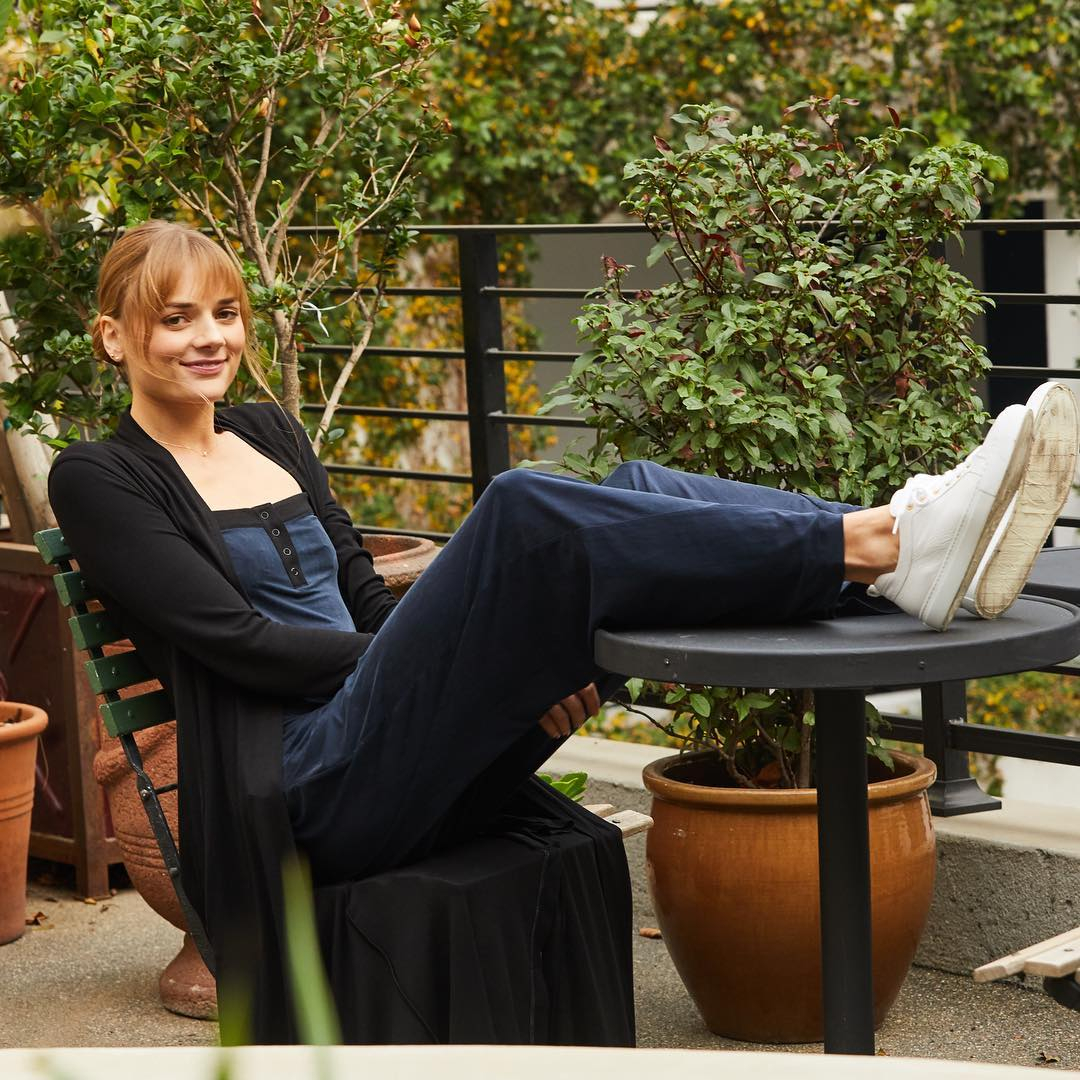
Summersalt is an apparel brand designed with travel in mind. The St. Louis–based company, which uses recycled fabrics, has just secured a $17.3 million round of funding for expansion.
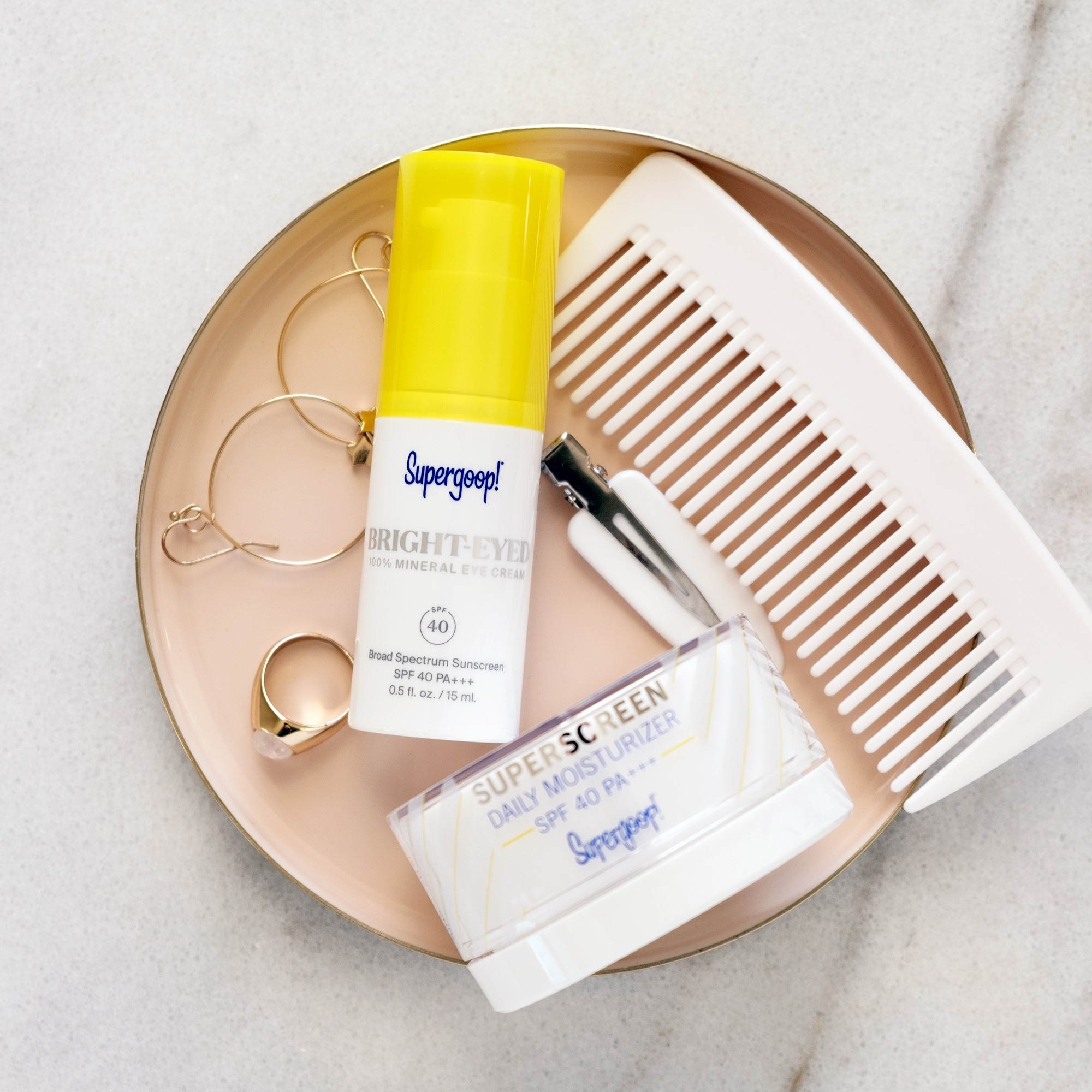
Supergoop makes skin-care products with extra sunscreen to help prevent skin cancer. The company, which generates some $40 million in annual sales, recently opened a pop-up in New York City.
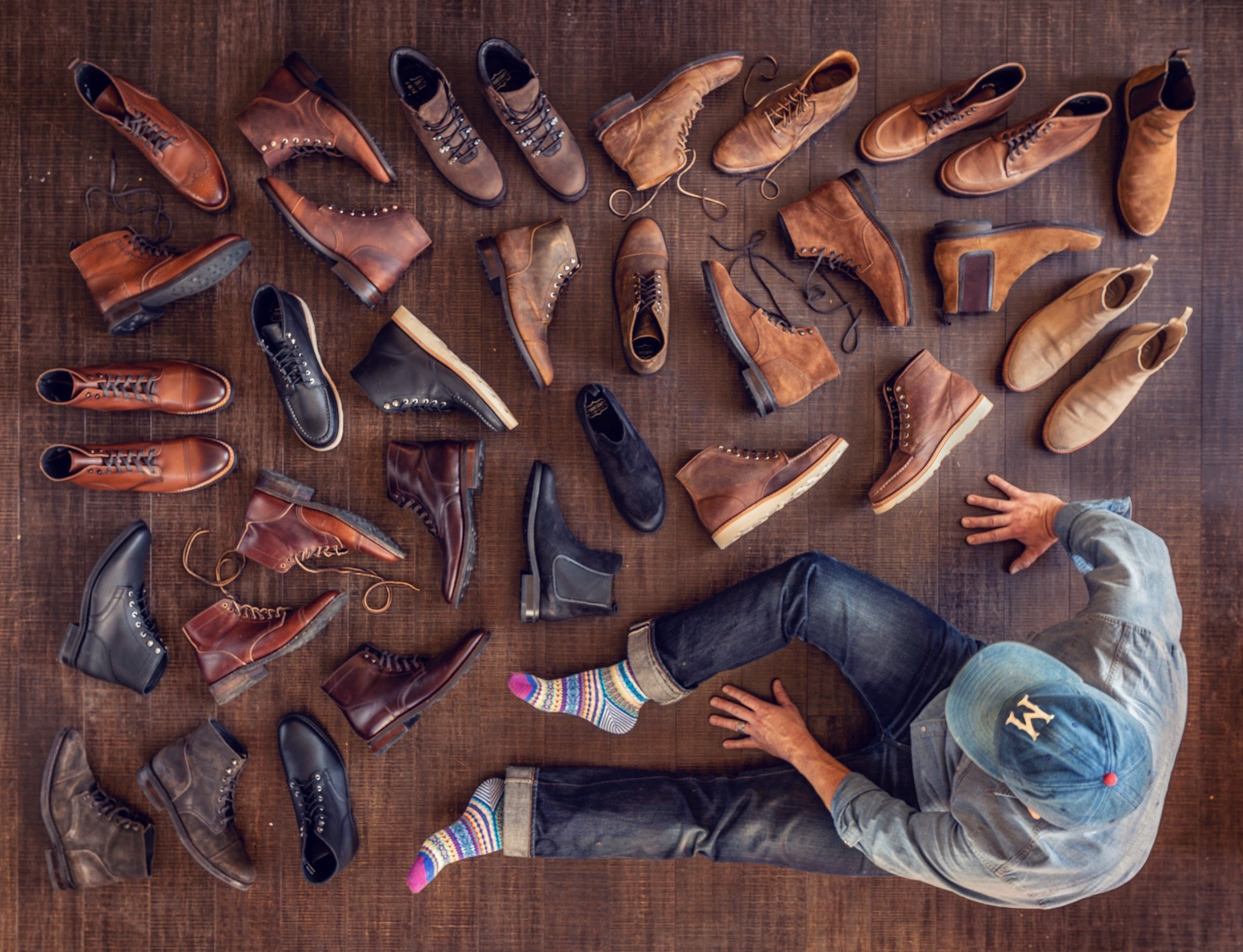
This direct-to-consumer brand specializes in functional and fashionable footwear and opened its first store in New York City in 2018.
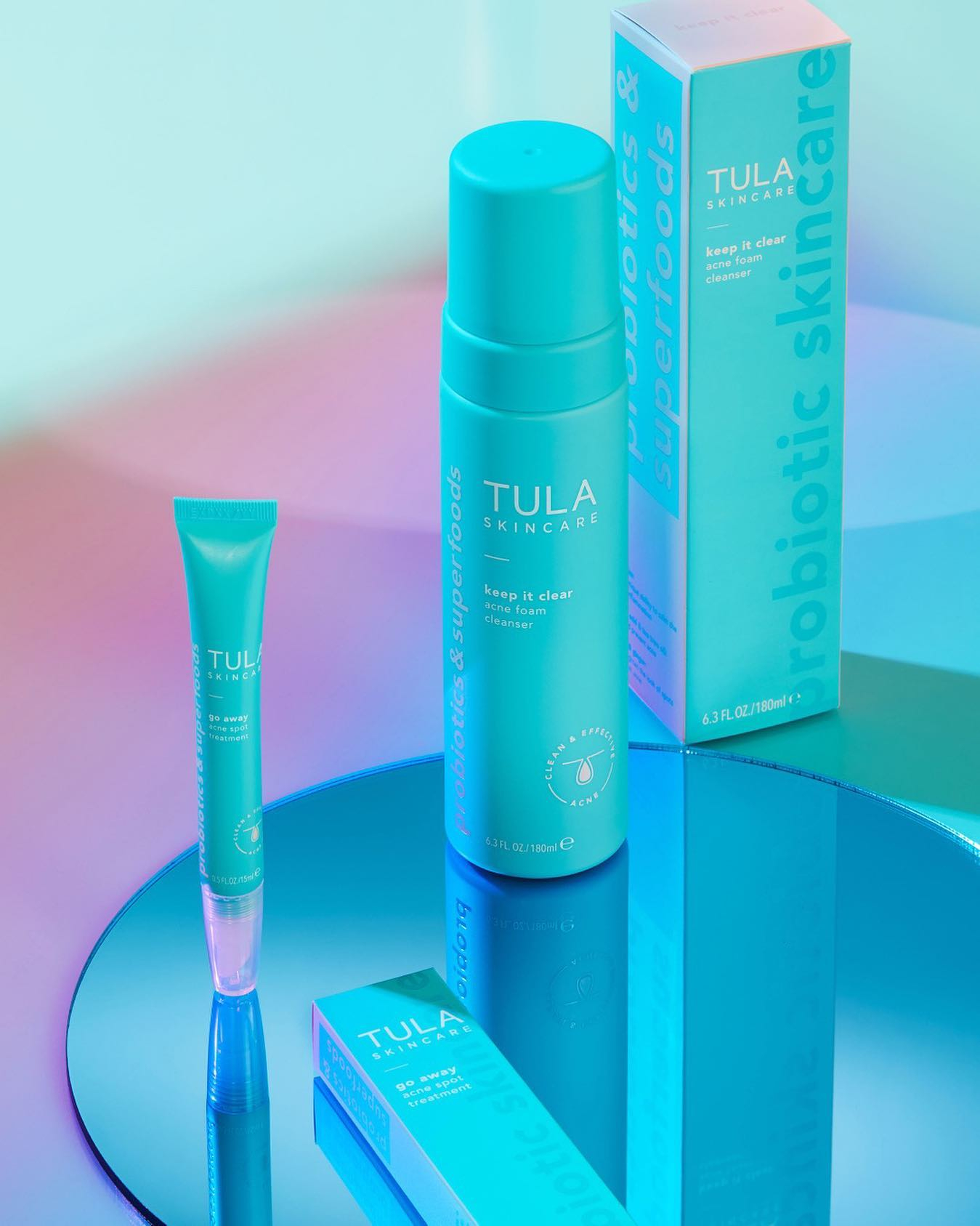
Tula is a direct-to-consumer skin-care line that uses probiotics (healthy bacteria) to moisturize skin, reduce inflammation and fight acne.
By Brannon Boswell
Executive Editor, Commerce + Communities Today


